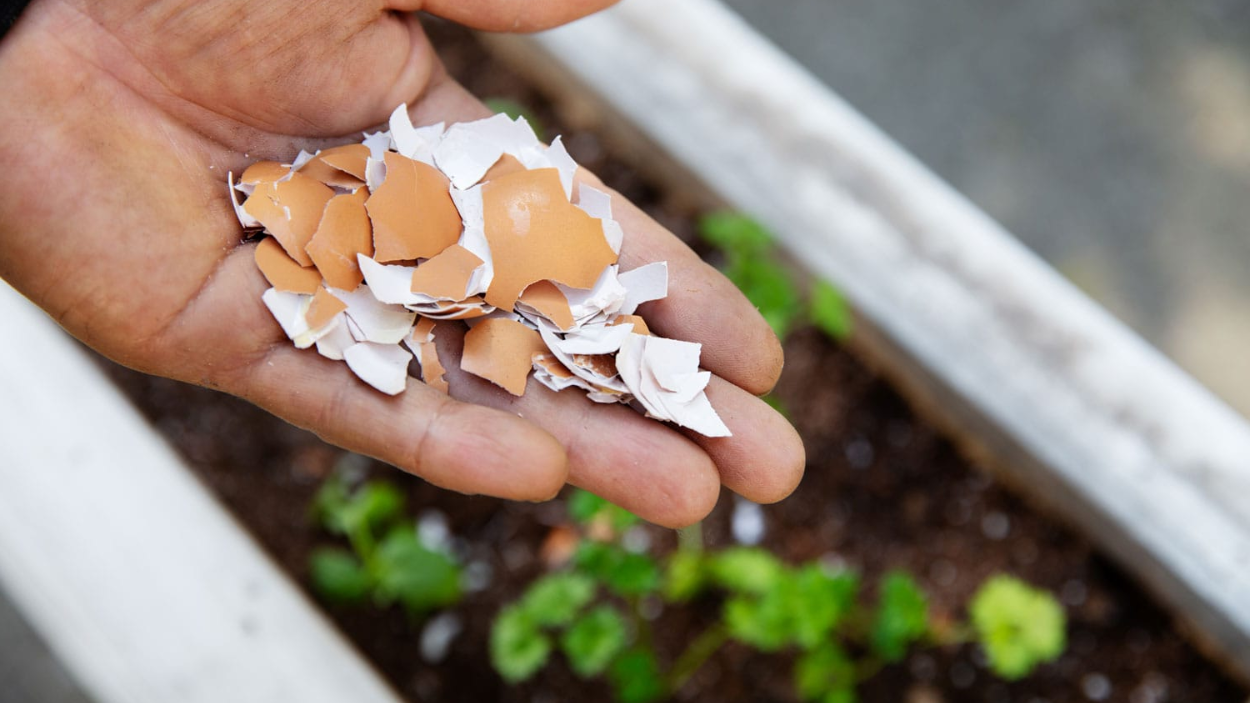Growing watermelons can be a tricky task, especially when it comes to getting them to produce fruit. One common issue that gardeners may face is watermelon flowers without any fruit. With our experience, we will give several reasons why watermelon plants can flower but not bear fruit.
How long does it take for watermelon to produce fruit after flowering?
Watermelon fruit takes roughly 35 to 45 days to develop after blossoming. This, however, can vary based on a variety of factors such as temperature, humidity, and the type of watermelon cultivated. Some types may take longer or shorter than others to bear fruit.
Causes and solutions for watermelon flower but no fruit
Poor Pollination
Poor pollination is one of the most common reasons why watermelon plants fail to set fruit. Watermelon plants need pollination to produce fruit, and if pollination fails, the blooms fall off without generating fruit. A shortage of pollinators, like bees, or unfavorable meteorological conditions, such as high temperatures or heavy rain, can all contribute to poor pollination.
To promote pollination, offer a habitat for pollinators, such as by planting bee-friendly flowers, and avoid using chemicals that may harm them. You can also hand-pollinate your watermelon blossoms by transferring pollen from male to female flowers using a little brush.
Lack of Nutrients
A shortage of nutrients is another reason why watermelon plants may fail to produce fruit. To bear fruit, watermelon plants require a variety of minerals, including nitrogen, phosphorus, and potassium. If the soil is deficient in certain nutrients, the plant will produce blossoms but not fruit.
To avoid nutritional deficiencies, fertilize your watermelon plants on a regular basis with a balanced fertilizer containing all of the necessary components. You can also boost soil fertility by amending it with compost or other organic debris.
The Climate is Not Suitable for Growing Watermelon
If the climate is unsuitable for growing watermelon, this could explain why the blossoms are not producing fruit. To bear fruit, watermelons require high temperatures and a long growing season. The watermelon plant may not have enough time to develop fruit before the cold weather sets in if the weather is too cool or the growing season is too short.
In this instance, producing watermelons in a greenhouse or using other means to extend the growing season may be necessary. You could also attempt cultivating watermelon cultivars that are better suited to your climate.
How can I improve pollination in my watermelon plants?
To promote pollination, offer a habitat for pollinators, such as by planting bee-friendly flowers, and avoid using chemicals that may harm them. You can also hand-pollinate your watermelon blossoms by transferring pollen from male to female flowers using a little brush.
Can I grow watermelon without bees?
While bees are vital pollinators of watermelon plants, the flowers can still be hand-pollinated to assure fruit production.
Final Thought
Watermelon blossoms without fruit can be disappointing for gardeners, but there are a few things gardeners can do to enhance ripening. You can help your watermelon plant produce the wonderful fruit you want by addressing concerns like pollination, soil quality, and pest control.




